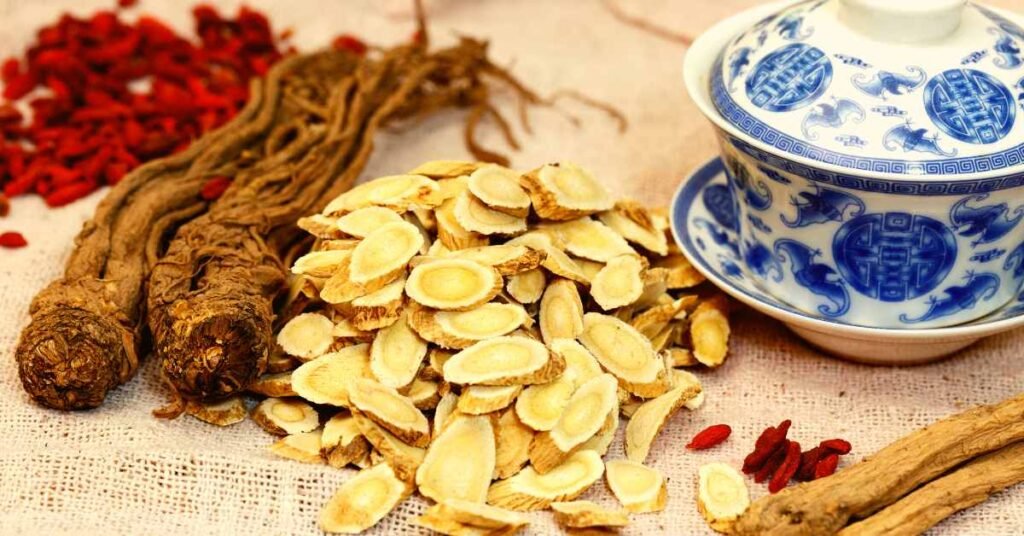Astragalus tea (Huang Qi), derived from the root of the Astragalus membranaceus plant, has been a staple in traditional Chinese medicine for centuries.
Known for its numerous health benefits and healing properties, this herbal tea has gained popularity in recent years as more people seek natural remedies to support their well-being.
In this article, we will delve into the properties, benefits, healing potential, and origin of Astragalus tea.
Properties of Astragalus Tea
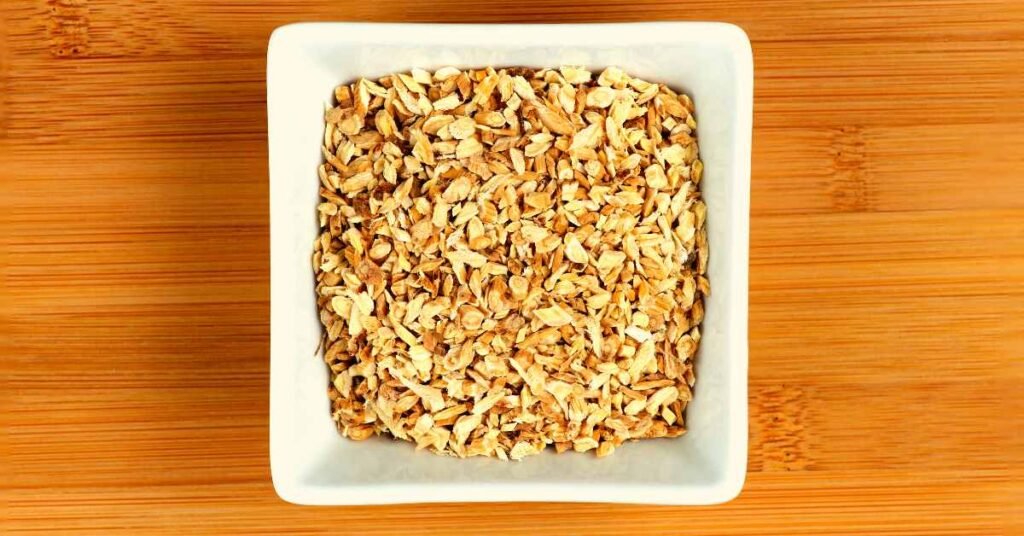
Active Compounds:
Astragalus tea is rich in active compounds, including polysaccharides, flavonoids, saponins, and triterpene glycosides.
These compounds contribute to the tea’s therapeutic properties and provide a range of health benefits.
Adaptogenic Qualities:
One of the standout features of Astragalus tea is its adaptogenic nature.
Adaptogens are substances that help the body adapt to stress and maintain balance.
Astragalus root contains adaptogenic compounds that may enhance the body’s resilience to various stressors, promoting overall well-being.
Anti-Inflammatory Effects:
Astragalus tea exhibits potent anti-inflammatory properties due to its flavonoid content. Regular consumption may help reduce inflammation in the body, contributing to the prevention and management of inflammatory conditions.
Benefits of Astragalus Tea
Immune System Support:
Astragalus has long been revered for its immune-boosting properties. The tea stimulates the production of white blood cells, enhancing the body’s ability to fend off infections and illnesses.
Regular consumption is believed to fortify the immune system, reducing the risk of common colds and respiratory infections.
Energy and Vitality:
The adaptogenic qualities of Astragalus tea make it an excellent choice for those seeking increased energy and vitality.
By supporting adrenal function and reducing fatigue, Astragalus tea may help individuals maintain a more energetic and active lifestyle.
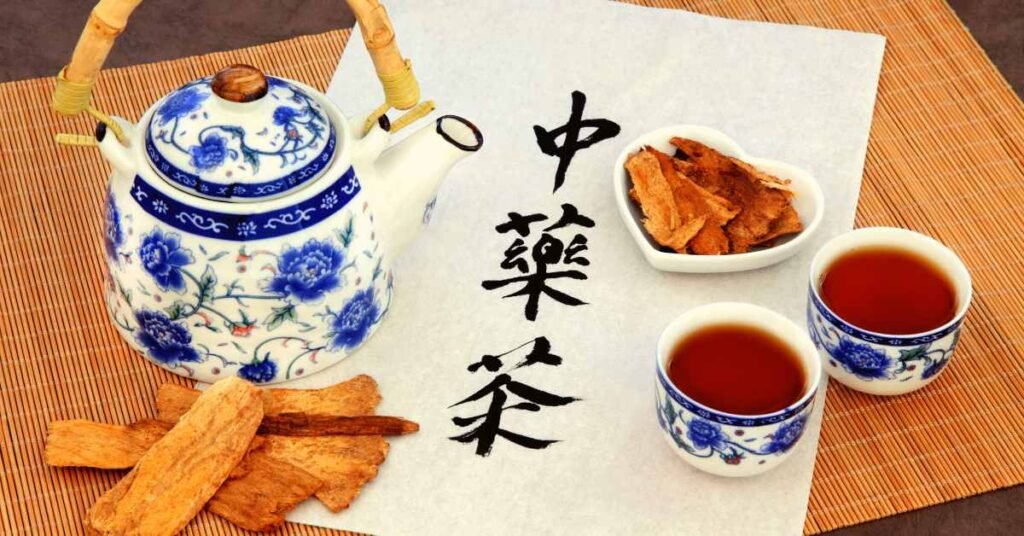
Cardiovascular Health:
Astragalus tea may contribute to cardiovascular health by promoting healthy blood circulation and managing blood pressure levels.
The antioxidants in the tea may also play a role in reducing oxidative stress and preventing the buildup of arterial plaque.
Anti-Aging Properties:
The antioxidants found in Astragalus tea help combat free radicals, which contribute to the aging process.
Regular consumption may help slow down the aging of cells and tissues, promoting a more youthful appearance and overall longevity.
Healing Potential of Astragalus Tea
Cancer Support:
Some studies suggest that Astragalus may have anti-cancer properties.
The tea’s active compounds may inhibit the growth of cancer cells and enhance the body’s natural defenses against the development of tumors.
However, it’s crucial to note that more research is needed to fully understand the extent of Astragalus’ potential in cancer prevention and treatment.
Diabetes Management:
Astragalus tea shows promise in helping manage diabetes by improving insulin sensitivity and regulating blood sugar levels.
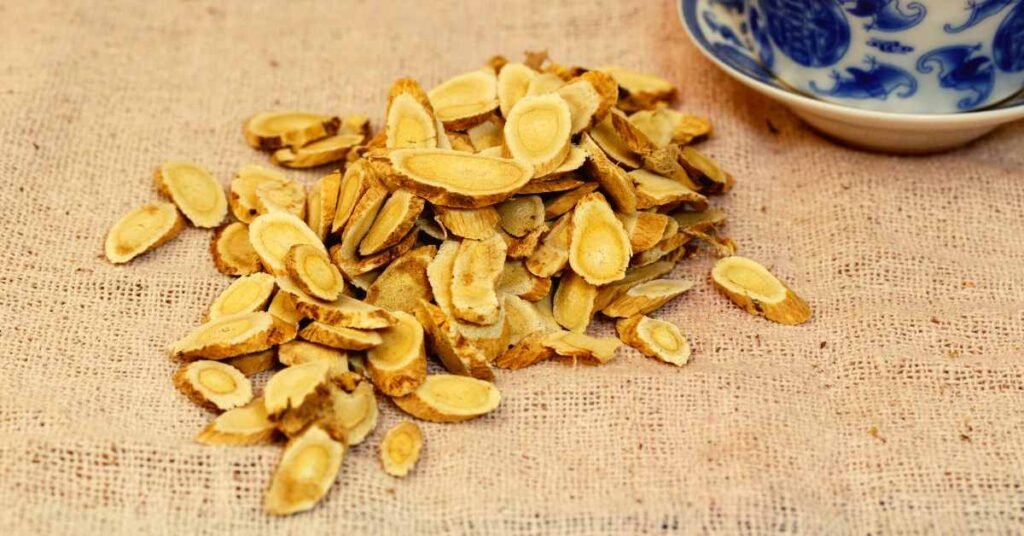
The tea’s hypoglycemic effects may be beneficial for individuals with diabetes or those at risk of developing the condition.
Respiratory Health:
Astragalus has been traditionally used to support respiratory health. The tea may be beneficial for individuals with respiratory conditions such as asthma, bronchitis, or allergies. It may help alleviate symptoms and improve overall lung function.
Liver Protection:
Astragalus tea has hepatoprotective properties, meaning it may help protect the liver from damage caused by toxins or diseases. Regular consumption may support liver function and contribute to the overall detoxification process in the body.
Origin of Astragalus Tea
Astragalus, also known as “huang qi” in traditional Chinese medicine, is native to the northern and eastern regions of China.
The plant has been a fundamental component of traditional Chinese medicine for over 2,000 years, where it is used to tonify the spleen and lungs, boost Qi (vital energy), and promote overall vitality.
The cultivation of Astragalus has expanded beyond China, with the plant now being grown in various parts of the world, including Mongolia, Korea, and some regions of North America.
The root of the Astragalus membranaceus plant is harvested for medicinal purposes, and the dried root is then used to prepare Astragalus tea.
Final Word
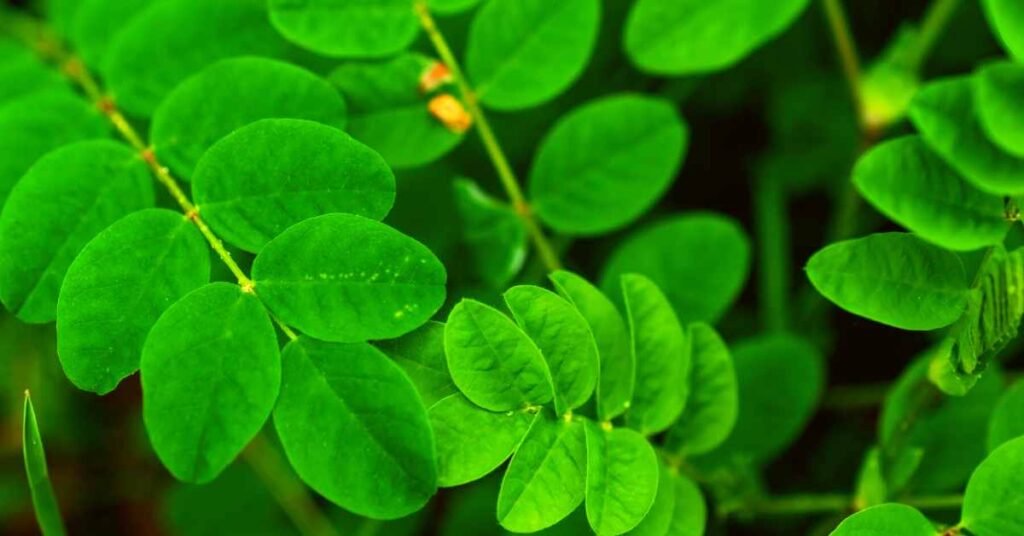
Astragalus tea, with its rich history in traditional Chinese medicine, has emerged as a popular herbal remedy in the quest for natural health and well-being.
The tea’s adaptogenic qualities, immune-boosting properties, and potential healing benefits make it a valuable addition to a holistic approach to health.
While more research is needed to fully understand and validate some of its potential applications, Astragalus tea remains a fascinating and promising herbal remedy with a legacy rooted in ancient wellness practices.
As with any herbal remedy, it is advisable to consult with a healthcare professional before incorporating Astragalus tea into your routine, especially if you have existing health conditions or are taking medications.
MEDICAL DISCLAIMER
Itsnevernotteatime.com cannot and does not contain medical/health advice. The medical/health information is provided for general and educational purposes only and is not a substitute for professional advice.
